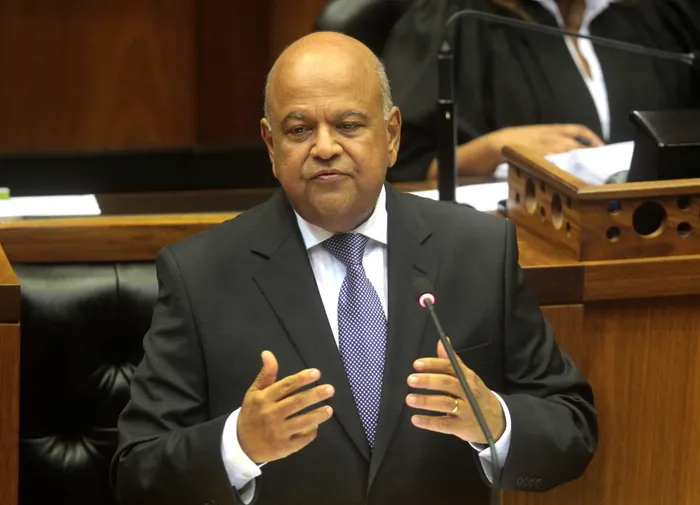
#Budget2016 / Cape Town - This year will be one of austerity for South Africa, with Minister of Finance Pravin Gordhan announcing unprecedented cuts and freezes in his annual Budget speech address.
“We must live with the money we have, not the money we think we might have,” Gordhan told the press ahead of delivering his budget in Parliament yesterday.
Read: No surprises in #Budget2016
Jovially referring to himself as the “old, new guy” Gordhan said he wanted to be frank about the situation the country found itself in – high levels of debt and overspending.
“There’s no doubt that we are in crisis,” he said.
The government wants to cut spending by R25 billion over the next three years.
Cutbacks of between 1 and 2 percent in 2009 had been mere “haircuts”, said Gordhan.
These had been followed by the introduction of debt ceilings in subsequent years which had not brought the desired debt relief either.
Now the time had come to review all major spending projects and to determine which the country could afford to do without for the next five years.
“We will only be doing the things that we can afford to do, be it nuclear or the National Health Insurance (NHI),” said Gordhan.
From reviewing the functionality of state-owned enterprises, reducing municipal grants, whittling down the civil service and curtailing MPs spending, Gordhan plans to pull out all the stops to cut spending.
Moving Parliament to Gauteng, was a serious consideration, Gordhan said, in efforts to cut state spending.
“We need to do whatever we can to avoid a credit downgrade,” he said.
Contracts and tenders would also be under the spotlight.
Gordhan said he wanted the public to know who gets the big deals.
Gauteng, he said, had already led the way in being more transparent about tender awards.
Austerity measures Gordhan said, had to be viewed against the backdrop of the difficult global economic environment.
But, he added, government was determined not to let the belt tightening affect vulnerable groups who relied on social grants, state health care and education.
He quashed rumours that the NHI was being put on the back burner, saying there was no intent to delay the project.
The government had also avoided the temptation to tax the wealthy more and to increase Value Added Tax, which he said would have regressive effects.
The government has “reprioritised” R31.8 billion in this financial year to support new spending requirements, of which R16.3bn would be ploughed into the higher education system to compensate for the freeze in university fees.
Director-General in the National Treasury Lungisa Fuzile said non-essential items would be put on hold, and funds would be diverted from projects that were not spending at the desired levels, to plug the gaps where it was needed most.
“We are not putting off the projects, we are just rescheduling them.
“We are trying to align better the rate of the conversation of money to brick and mortar,” said Fuzile.
The government will be limiting the filling of managerial and administrative posts, while unnecessary jobs will be scrapped.
As from April 1, appointments to non-critical vacant posts will be blocked on government’s payroll system, pending the submission of revised human resources plans.
Teachers, nurses, doctors, police officers and other critical posts will not be affected by the moratorium.
The new car allowance threshold for public office bearers would be set at R750 000.
Despite the tough times, Gordhan said boldness and creativity had been required to find the money for universities and NSFAS.
“Under the circumstances, this is a fairly credible budget, notwithstanding the fact that we live in turbulent times, I believe we have the resilience to create the right kind of partnerships,” Gordhan said.
CAPE ARGUS
Be sure to follow #Budget2016 developments on Business Report as we bring you news, reviews, analysis and opinion regarding Finance Minister Pravin Gordhan's speech on February 24 and 25.